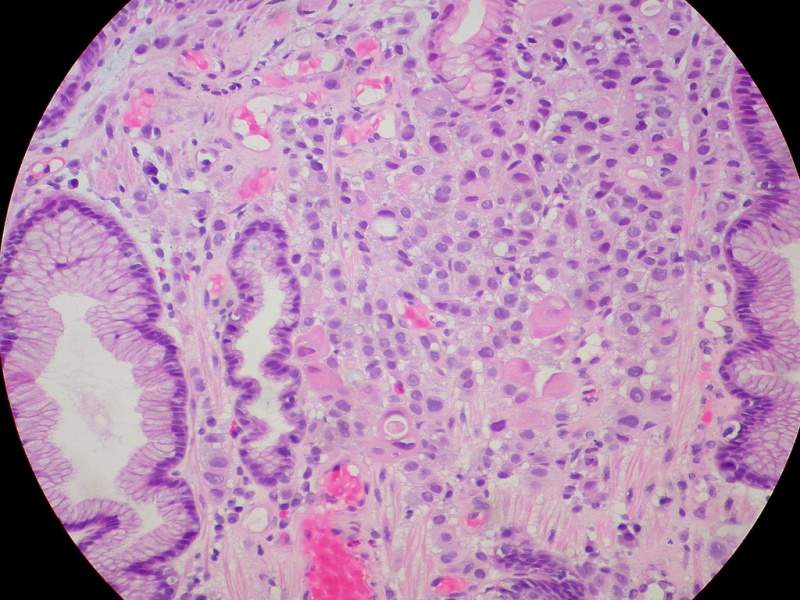
Bio-Thera Solutions has begun a Phase III clinical trial to investigate the efficacy and safety of BAT8001 for the treatment of patients with HER-2 positive metastatic breast cancer who earlier received trastuzumab separately or in combination with taxanes.
As part of the trial, the China-based biotechnology company aims to compare BAT8001 against lapatinib combined with capecitabine, which is used as a second-line standard of care for metastatic breast cancer patients in China.

Discover B2B Marketing That Performs
Combine business intelligence and editorial excellence to reach engaged professionals across 36 leading media platforms.
The multi-centre, randomised, open-label, controlled trial expects to enrol around 410 patients in China.
Its primary efficacy endpoint is progression-free survival (PFS), while the trial’s pre-specified endpoints comprise overall survival (OS), and objective response rate (ORR).
The trial is also expected to assess the safety and immunogenicity of BAT8001.
Bio-Thera Solutions CEO Shengfeng Li said: “Metastatic breast cancer is a difficult-to-treat cancer that impacts hundreds of thousands of patients around the world.

US Tariffs are shifting - will you react or anticipate?
Don’t let policy changes catch you off guard. Stay proactive with real-time data and expert analysis.
By GlobalData“Patients with metastatic breast cancer need more treatment options that provide an improved survival benefit.
“This Phase III trial is an important step in the development of BAT8001, potentially providing patients with metastatic breast cancer a new treatment option.”
BAT8001 is Bio-Thera Solutions’ investigational HER2 antibody-drug conjugate (ADC), which is a natural receptor that is overexpressed in various cancer types such as breast cancer and gastric cancer.
The solution is currently under development for use as a single agent and in combination with other agents for the treatment of several types of cancers.
Metastatic breast cancer occurs when the cancer spreads beyond the breast to other organs in the body.
It typically develops months or years after a person completes treatment for early or locally advanced breast cancer.



